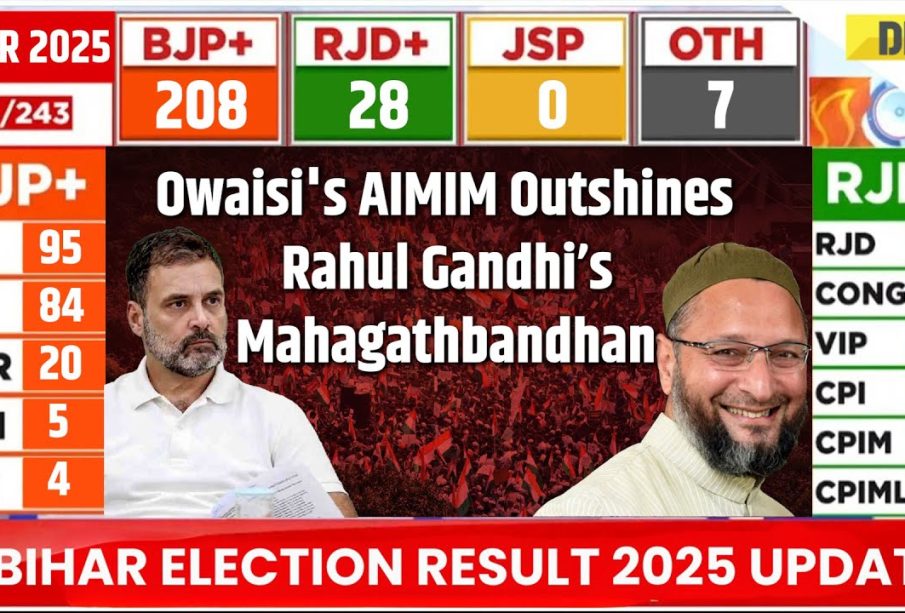AIMIM’s Role in Bihar Election 2025: Strategies and Impact

Introduction
The All India Majlis-e-Ittehad-ul-Muslimeen (AIMIM) is gearing up for the impending Bihar elections in 2025, a critical battleground where its influence can significantly reshape the political landscape. With a sizable Muslim population and a history of communal politics in Bihar, AIMIM’s strategies and maneuvers during this election cycle could prove pivotal not only for its growth as a regional player but also for the broader tapestry of alliances and rivalries within the state.
Current Political Landscape in Bihar
Bihar has historically been a complex political arena dominated by parties like the Janata Dal (United) and the Rashtriya Janata Dal. However, with the rise of AIMIM under the leadership of Asaduddin Owaisi, the party has made considerable inroads among Muslim voters. In the 2020 Bihar Assembly elections, AIMIM won five seats, which marked its entry as a significant political force, particularly in urban constituencies.
AIMIM’s Strategies for 2025
With the next election approaching, AIMIM is expected to implement a multi-faceted strategy, which includes focusing on its strongholds in urban districts and expanding its outreach in rural areas as well. The party plans to intensify grassroots mobilization through public rallies, community meetings, and campaigns focusing on social justice, education, and economic development. Owaisi’s rhetoric around protecting minority rights and inclusive governance will likely be central to their campaign.
Potential Alliances
Another crucial aspect of AIMIM’s strategy will be the potential for alliances with local parties. While it seeks to maintain its independence, forming tactical alliances could enhance its electoral prospects. Negotiations with smaller regional parties that share similar ideologies could lead to collaborative electoral strategies that benefit AIMIM’s position.
Conclusion
The Bihar elections in 2025 present a vital opportunity for AIMIM to cement its presence in the state and advocate for issues pertinent to its voter base. As political dynamics evolve, the party’s ability to connect with constituents and adapt its strategies will be critical. The coming months will reveal how AIMIM navigates the complex political waters of Bihar, and the potential implications for regional politics, voter engagement, and coalition-building moving forward.









